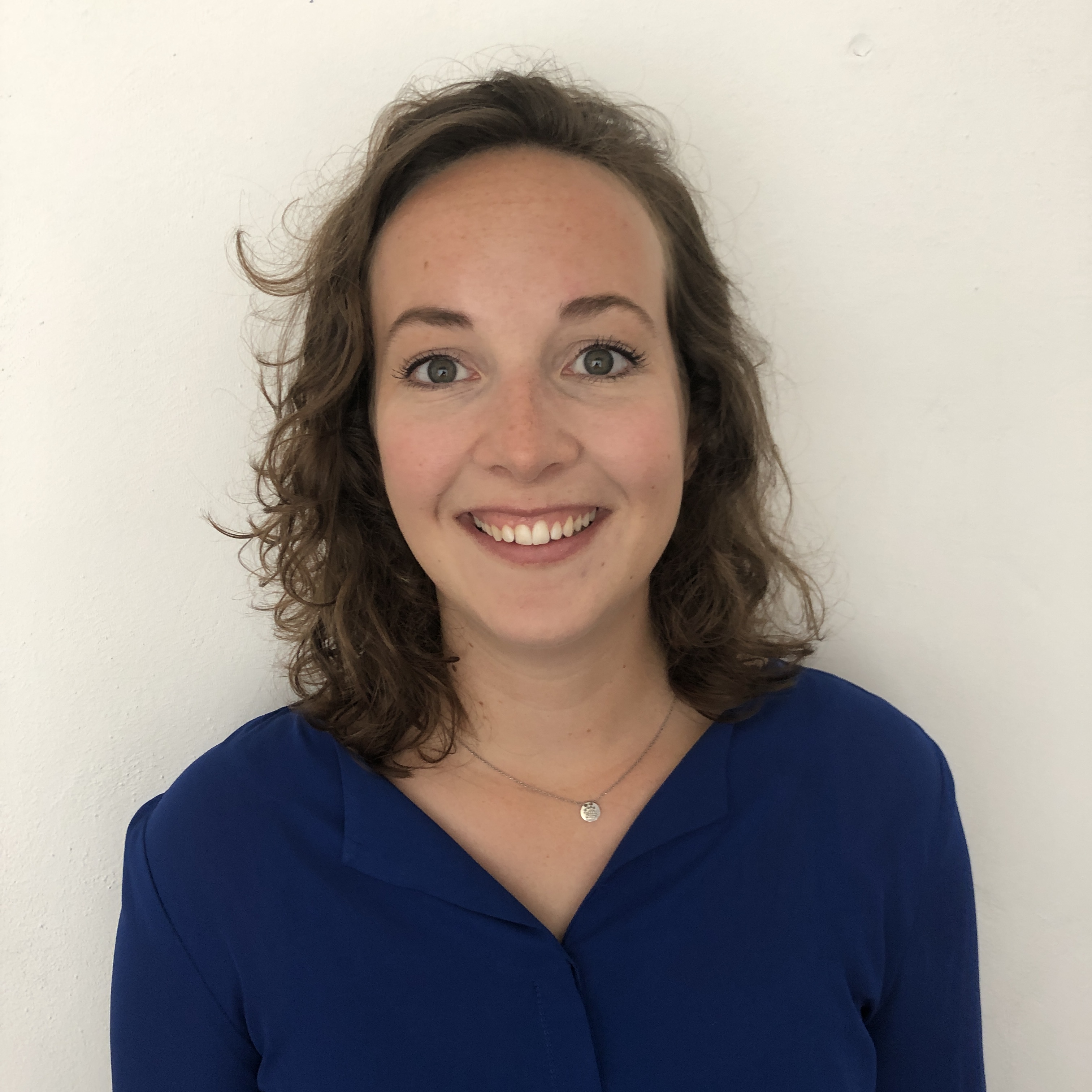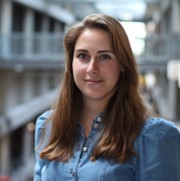Recently, several prestigious prizes and grants have been awarded to our AI&I members. Learn more about these accomplished individuals and their projects in the article below!
ZonMw Create2Solve Grant for innovative arthritis research – Prof. Sander Tas
Prof. Tas, member of the Amsterdam institute for Immunology and Infectious Diseases (AI&I), has been awarded the ZonMw Create2Solve Phase 2 grant. The ARTEMIS consortium, which includes partners from Twente University, University of Glasgow, Chiron, and AstraZeneca, will receive €1 million to advance their project: Advanced Research on Tissue Engineering Models for Inflammatory joint diseaseS (ARTEMIS).
The ARTEMIS project builds upon earlier work performed by PhD student Eva Philippon, research technician Lisanne van Rooijen and senior postdoc Dr. Jan Piet van Hamburg, and aims to develop advanced, animal-free in vitro models for drug development in various forms of arthritis. Arthritis is a group of incurable diseases that often lead to joint damage. While treatments have improved, many patients still do not respond adequately, highlighting the urgent need for new medicines. Currently, animal models are used in drug development, but these do not reliably predict human responses and cause significant animal discomfort.
To address this, the ARTEMIS team will create human model systems that closely mimic inflamed joint tissue and its interaction with cartilage and bone. These innovative models will provide a more accurate and ethical alternative for testing new arthritis treatments, reducing the need for animal testing.
About the Create2Solve grant
ZonMw’s Create2Solve program stimulates the development of innovative, animal-free research methods through public-private partnerships. The involvement of commercial and industrial partners is key to ensuring these new models are both scientifically robust and commercially viable. Read more.
 Prof. Sander Tas
Prof. Sander Tas
ZonMw Off Road Grant – Dr. Astrid Hendriks and Dr. Melissa van Gool
20 talented researchers have been awarded a ZonMw Off Road grant to explore bold, out-of-the-box ideas in (bio)medical science and healthcare. This grant offers them the opportunity to develop their innovative hypotheses within 1 to 1.5 years. What unites theseresearchers? They dare to think beyond traditional boundaries. Two outstanding researchers from the Amsterdam Institute for Immunology and Infectious Diseases (AI&I) received a ZonMw Off Road grant. Read more below about the pioneering projects of Dr. Hendriks and Dr. van Gool.
Dr. Hendriks – Fighting superbugs: repurposing an existing vaccine to provide cross-pathogen protection
Bacterial infections remain a major cause of death, and this will only increase within the next years because of emerging antibiotic-resistant bacteria (so called superbugs). New treatment options need to be developed to prevent future health care burden. Boosting the immune system through vaccination has been highly successful in reducing the global burden of infectious diseases. Unfortunately, there still are no effective vaccines for a number of major human pathogens, including antibiotic-resistant Staphylococcus aureus (MRSA). The current dogma is that vaccines have a narrow specificity, as it only provides protection for specific types of bacteria. Dr. Hendriks challenges this dogma and will investigate, at the molecular and functional level, how an existing, seemingly unrelated childhood vaccine may be employed to provide cross-pathogen protection against MRSA.

Dr. van Gool – Disrupting the core: the effect of lymphoid stromal cells on immune response in Lyme disease
Lyme disease is a growing health concern, caused by the bacterium Borrelia burgdorferi transmitted through tick bites. Some patients fail to develop long-term immune protection, resulting in persistent symptoms. This project examines how Borrelia burgdorferi disrupts the structure of lymph nodes, potentially weakening the immune response. Using innovative precision-cut cultures of human lymph nodes, Dr. van Gool will study how this bacterium affects immune reactions in a laboratory setting. The goal is to uncover why some people do not develop lasting protection and to identify the mechanisms involved. This research could lead to new strategies for better treatment or even prevention of Lyme disease, ultimately helping patients recover faster and avoid long-term complications.


